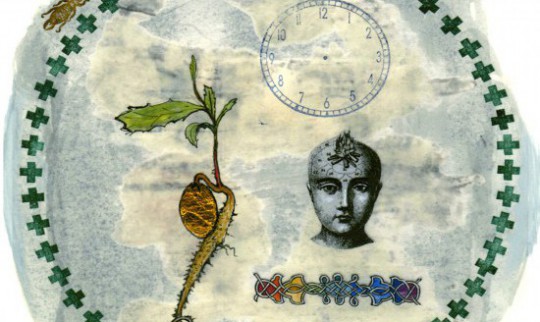This week we bring you a generous helping of news from Flora Brandl, our contributor in Austria, reporting on the rich array of literary festivals and cultural events that took place in April and are coming up in May; Paul M. Worley and Kelsey Woodburn, our Editors-at-Large Mexico, take a look at one Guatemalan Maya writer’s highly original work, but also record the brutal continuation of violence against journalists in Mexico just last month; last but not least, our very own grant writer Catherine Belshaw writes on the hope for greater diversity in Canada’s literary scenes.
Contributor Flora Brandl gives us the round-up from Austria:
Despite winter being rather stubborn (only last week there was still some snow), the Austrian literary and cultural scene has witnessed a so-called Frühlingserwachen, a spring awakening, with numerous events, publications and national and international festivals taking place across the country.
At the end of April, the Literasee Wortfestival was hosted in Bad Aussee, a rural community and historical literary getaway for writers such as Arthur Schnitzler and Hugo von Hofmannsthal. This year, six German and Austrian writers, including Franzobel, Walter Grond and Clemens Meyer, were featured during the three-day festival.
However, it is not only German-language art that is currently being showcased in Austria: the Festival Europa der Muttersprachen (Europe of Mother Tongues) invited Ukrainian filmmakers, photographers, musicians and writers—amongst whom was the highly celebrated author Jurij Andruchowytsch—to the Literaturhaus Salzburg. Earlier in April, more international artists and audiences had frequented the city for the Osterfestspiele, the Easter feature of the internationally renowned Salzburg festival for classical music and drama.


